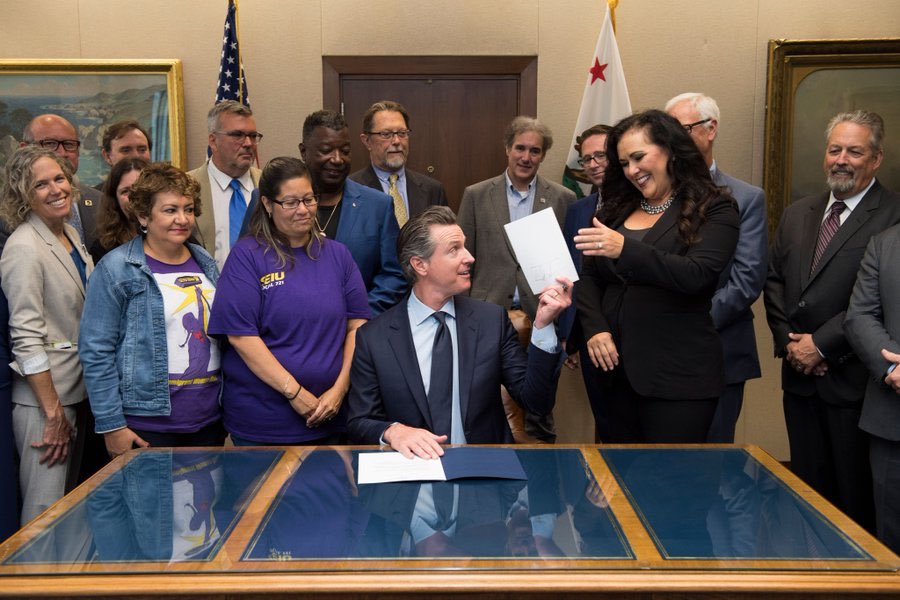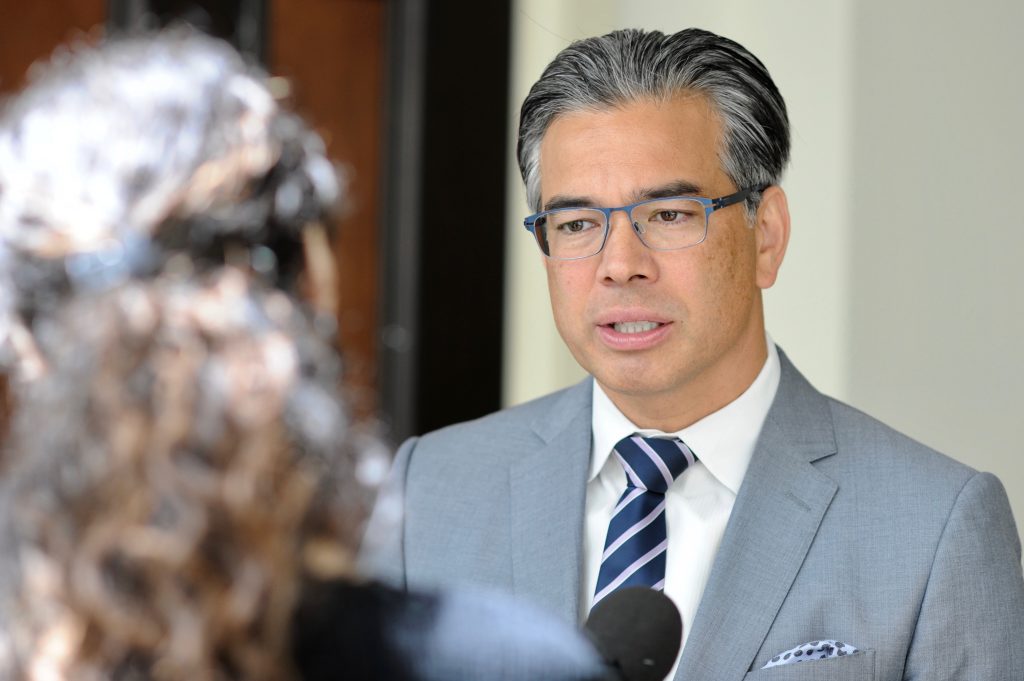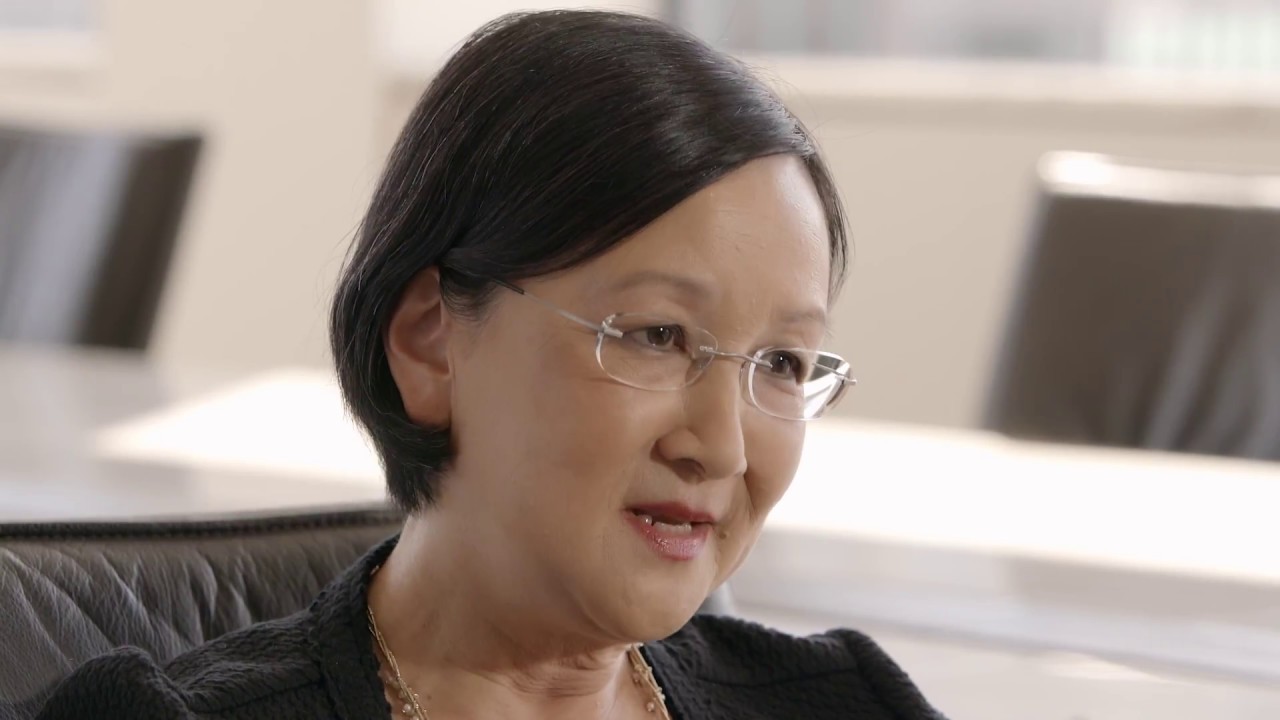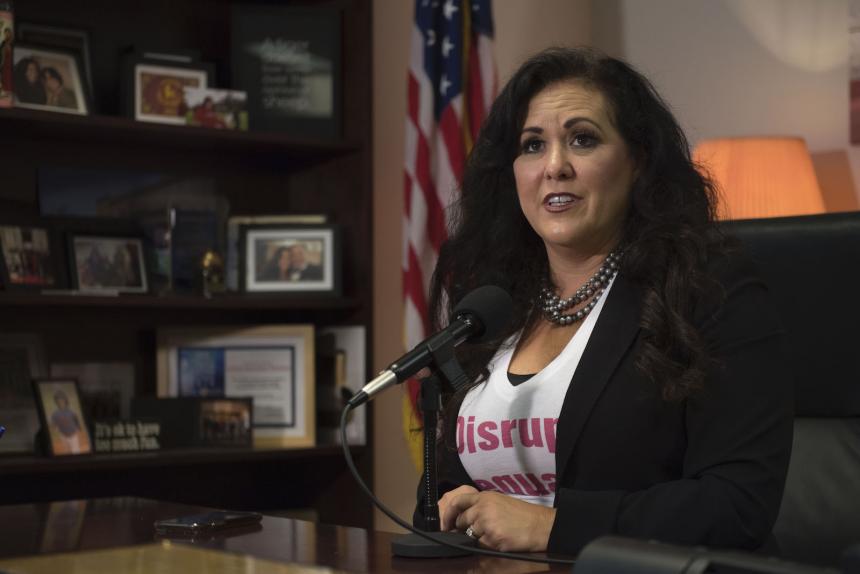
Gov. Gavin Newsom signs AB 5 surrounded by labor reps, and Asm. Lorena Gonzalez. (Photo: Twitter)
AB 5 First Amendment Lawsuit Expects Response From State AG This Week
Assembly Bill 5 actually discriminates against political speech in favor of commercial speech
By Evan Symon, July 12, 2021 3:08 pm
The state of California is expected to file a response to a lawsuit filed by Oxnard resident Aaron Starr alleging that AB 5 violates First Amendment freedom of speech protection sometime this week, pushing forward the suit that may further dismantle the AB 5 independent contractor law.
Since coming into effect in January 2020, Assembly Bill 5, a law that reclassifies most independent contractor workers as employees, different industry jobs have been continually fought over, with many being added and removed from AB 5. Truckers, who were granted an exception in January 2020, lost an appeals case in April 2021, which may pave the way back for them being covered. Musicians and music professionals managed to get out of the law in April 2020, but freelance journalists have yet to be removed despite multiple legal attempts. Rideshare drivers, the flagship freelance job of AB 5, were removed from the law by California voters in November 2020, but has since received continual challenges in court.
Starr’s lawsuit, filed on June 23rd in the United States District Court for the Central District of California, directly challenges another industry covered by AB 5: the canvassing and carrying industry. Washington-based Institute for Free Speech was specifically tapped to help challenge the law.
In Mobilize the Message, LLC, Starr Coalition v. Bonta, Starr’s political committee Starr Coalition for Moving Oxnard Forward and signature and door-knocking service company Mobilize the Message says that AB 5 discriminates against political speech. Specifically, they note how it violates the first amendment, as it discriminates against political speech by permitting door-to-door sales people and newspaper carriers as contractors, but not political canvassers. The high costs of these canvassers made them largely unaffordable for many campaigns, giving well-funded campaigns an unintended advantage. As a result, canvassing has largely plummeted in California, with most campaigns only being able to utilize volunteers for their efforts.
“California allows independent contractors to ask passersby to sign a credit card application, but not a ballot measure petition,” said Institute for Free Speech Vice President for Litigation Alan Gura of AB 5. “It allows them to go door-to-door selling home goods, but not promoting candidates. It allows them to drop off newspapers, but not campaign literature. The First Amendment prohibits discrimination against speech based on its content, and that’s exactly what’s happening here.”
“The First Amendment is for everyone, and hopefully the state will see the light and allow campaign workers, whoever they may be campaigning for, to work as freely as the people selling stuff. That’s what the First Amendment requires — that we treat speech equally without reference to the content of the speech.”
Starr also voiced the same sentiments, adding, “We’re focused on the point that the way Assembly Bill 5 is written, it actually discriminates against political speech in favor of commercial speech.”
“There are only so many signatures you can gather in an hour. If you get 10 per hour, that’s good. When you talk about having to collect 14,000 signatures it could take one person working alone the better part of a year to get the job done. In Oxnard, there are only about five months to collect the necessary number of signatures to get a measure on the ballot.”
Starr spoke from experience on the canvassing, as he had previously spearheaded a movement to sue the city of Oxnard over utility fees, winning a $34 million lawsuit in December 2020 against the city.
Opposition against Starr lawsuit
However, those against any further breakdowns of AB 5 have vigorously opposed the Mobilize the Message, LLC v. Bonta suit.

“Ever since [Assemblywoman Lorena Gonzalez (D-San Diego)] passed AB 5 in 2019, it has been fought tooth and nail for,” explained Jim Fisher, an owner of several fast food franchises in Northern California and a major AB 5 proponent in his area. “Usually business -related bills like these settle down after the first lawsuit or two, but it is still exploding up like this
“For people who want this bill, it’s crazy that anyone can even think of denying employees good pay or more rights like AB 5 does. And now they’re going 1st Amendment on this? This seems like a hail Mary play. It doesn’t hurt a single party either. Both are hindered by this.”
Attorney General Rob Bonta has been more nuanced about the Starr lawsuit, noting simply that it still aims to defend the AB 5 law as is.
“At the California Department of Justice, we’ll continue to defend laws that are designed to protect workers and ensure fair labor and business practices,” said Bonta’s press office in a statement during the weekend.
However, with the 2022 election now approaching, with canvassers possibly being needed in less than a year due to primaries and needed signatures for upcoming propositions, the lawsuit is gaining more and more prominence. The state is even expected to give a response this week, moving the lawsuit forward in District Court.
“This is the biggest AB 5 challenge so far this year,” added Fisher. “And there are a lot of consequences to it either passing or failing.”
- San Diego Country Supervisor Jim Desmond Calls San Diego New Epicenter Of Illegal Crossings By Migrants - April 27, 2024
- Oracle Moving Headquarters Out Of Austin Only 4 Years After Moving Out Of California - April 26, 2024
- Congressman Adam Schiff Robbed of his Luggage in San Francisco Car Break In - April 26, 2024





To: Evan Symon
Your article handled a VERY confusing topic very well. However, the Ninth Circuit has so many judges that is limits en banc hearings to 10 (or 9) judges. If it followed the “entire banc of judges” procedures that all the other U.S. Circuit Courts do, then they would have 29 (27?) hearing the case.